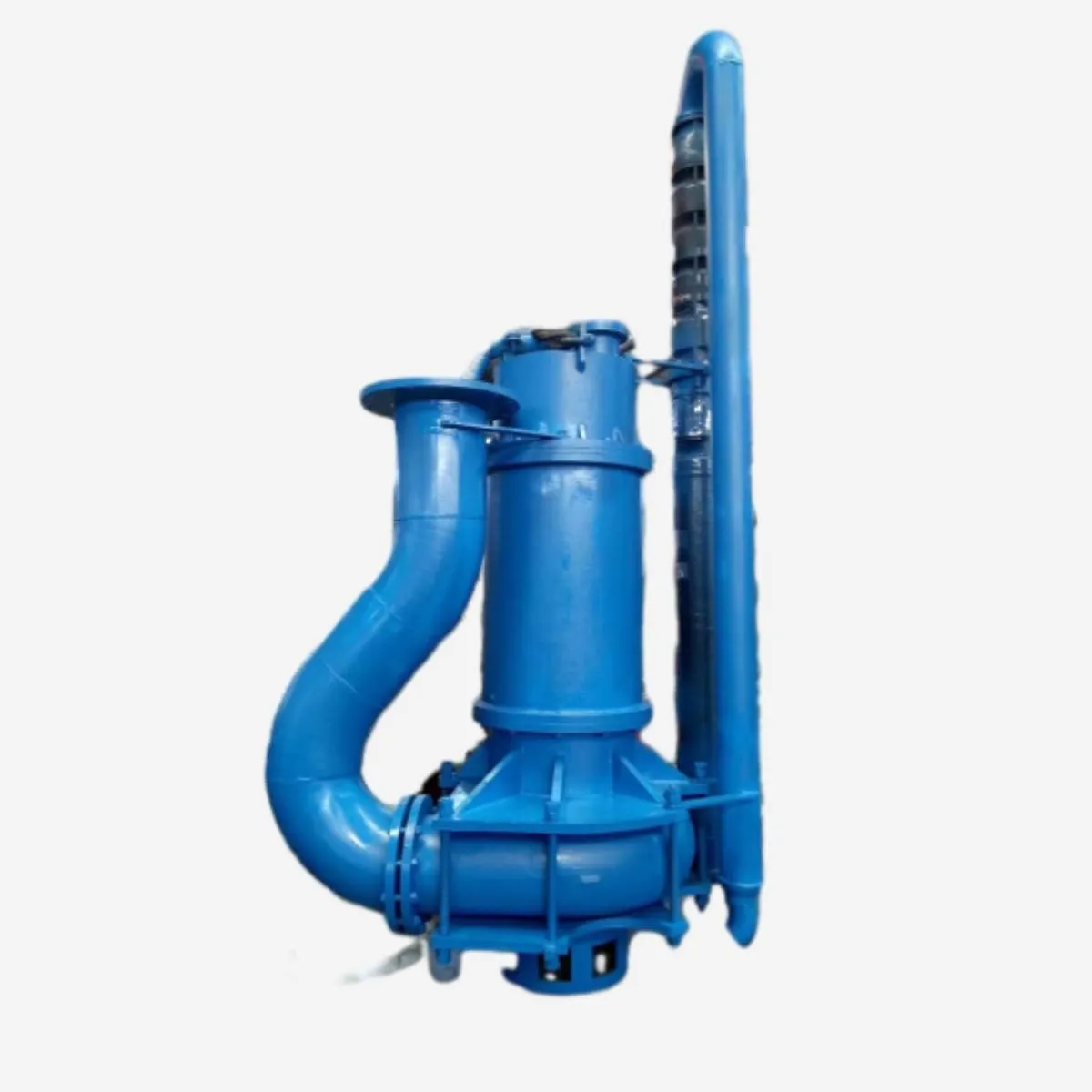English
- Afrikaans
- Albanian
- Amharic
- Arabic
- Armenian
- Azerbaijani
- Basque
- Belarusian
- Bengali
- Bosnian
- Bulgarian
- Catalan
- Cebuano
- Corsican
- Croatian
- Czech
- Danish
- Dutch
- English
- Esperanto
- Estonian
- Finnish
- French
- Frisian
- Galician
- Georgian
- German
- Greek
- Gujarati
- Haitian Creole
- hausa
- hawaiian
- Hebrew
- Hindi
- Miao
- Hungarian
- Icelandic
- igbo
- Indonesian
- irish
- Italian
- Japanese
- Javanese
- Kannada
- kazakh
- Khmer
- Rwandese
- Korean
- Kurdish
- Kyrgyz
- Lao
- Latin
- Latvian
- Lithuanian
- Luxembourgish
- Macedonian
- Malgashi
- Malay
- Malayalam
- Maltese
- Maori
- Marathi
- Mongolian
- Myanmar
- Nepali
- Norwegian
- Norwegian
- Occitan
- Pashto
- Persian
- Polish
- Portuguese
- Punjabi
- Romanian
- Russian
- Samoan
- Scottish Gaelic
- Serbian
- Sesotho
- Shona
- Sindhi
- Sinhala
- Slovak
- Slovenian
- Somali
- Spanish
- Sundanese
- Swahili
- Swedish
- Tagalog
- Tajik
- Tamil
- Tatar
- Telugu
- Thai
- Turkish
- Turkmen
- Ukrainian
- Urdu
- Uighur
- Uzbek
- Vietnamese
- Welsh
- Bantu
- Yiddish
- Yoruba
- Zulu
Telephone: +86 13120555503
Email: frank@cypump.com
Dec . 01, 2024 09:42 Back to list
Cost Analysis of Ejector Pump and Related Expenses for Effective Operation
Understanding the Cost of an Ejector Pump and Associated Expenses
Ejector pumps, also known as sewage ejector pumps, play a crucial role in wastewater management systems, especially for homes or buildings where gravity drainage is not feasible. They are designed to transport wastewater from lower to higher elevations, ensuring effective sewage removal and preventing blockages. While ejector pumps are essential for maintaining sanitary conditions, their acquisition and operation come with a variety of costs that homeowners and property managers need to consider.
Initial Purchase Costs
The first and most apparent expense associated with an ejector pump is the initial purchase price. The cost of an ejector pump can vary widely based on factors such as brand, size, capacity, and features. On average, a standard ejector pump can range from $200 to $1,000. For larger systems or more advanced models equipped with additional features like alarms or automatic controls, costs can exceed $1,500.
Investing in a higher-quality pump often pays off in the long run. Cheaper models may have lower upfront costs, but they may not be as durable or efficient, leading to more frequent repairs or replacements. It's essential to evaluate various brands in the market, considering reviews and reliability to find the best option that fits your budget and needs.
Installation Costs
After purchasing an ejector pump, the next significant cost is installation. While some homeowners may choose to undertake the installation process themselves, hiring a professional is usually recommended to ensure the system is set up correctly and safely. Professional installation costs can vary based on the complexity of the job and local labor rates but typically range from $300 to $800.
Several factors influence installation costs, including the pump's location, existing plumbing configurations, and the necessary modifications to your drainage system. Additional expenses may arise if the installation poses unique challenges, such as breaking through concrete to place the pump or upgrading electrical systems to meet the pump's power demands.
Maintenance and Operating Costs
Ejector pumps require regular maintenance to operate efficiently and prevent costly breakdowns. Routine maintenance tasks may include
cost of an ejector pump and associated expenses for ...

1. Checking the Float Switch The float switch controls the pump’s operation. Over time, it can become clogged or malfunction, requiring inspection and, in some cases, replacement.
2. Cleaning the Pump Sediment and debris can build up in the pump and its associated basin. Regular cleaning can prevent clogs and maintain optimal performance.
3. Inspecting Electrical Connections Ensuring that all electrical components are secure and functioning correctly is crucial for safety and efficiency.
Annual maintenance costs can range from $100 to $300, depending on whether you hire a professional or handle the maintenance yourself.
In terms of operating costs, ejector pumps use electricity to function, which contributes to your monthly utility bill. The energy consumption of a typical ejector pump is usually modest, often falling between 500 to 1,500 watts per hour during operation. Depending on your local electricity rates, operating costs can add up, contributing an additional $5 to $20 per month to your electric bill.
Repair and Replacement Costs
Despite regular maintenance, ejector pumps can experience wear and tear. Common issues may include mechanical failures, such as impeller damage or motor burnout. Repair costs can range from $150 to $500, depending on the extent of the damage and the parts required.
In cases where repairs are not feasible, replacing the pump becomes necessary. Replacement costs can mirror initial purchase prices, potentially resulting in an expense comparable to the original purchase and installation combined.
Conclusion
Understanding the total cost of an ejector pump— from purchase through installation and maintenance—is crucial for homeowners and property managers. While these pumps are a necessary investment for effective wastewater management, being aware of the associated expenses allows for better budgeting and planning. Ultimately, choosing a reliable pump, securing professional installation, and committing to regular maintenance can enhance the longevity and efficiency of your ejector pump, safeguarding your property against potential wastewater issues.
-
Horizontal Split Case Pump with GPT-4 Turbo | High Efficiency
NewsAug.01,2025
-
ISG Series Pipeline Pump - Chi Yuan Pumps | High Efficiency, Durable Design
NewsAug.01,2025
-
Advanced Flue Gas Desulfurization Pump with GPT-4 Turbo | Durable & Efficient
NewsJul.31,2025
-
ISG Series Vertical Pipeline Pump - Chi Yuan Pumps | Advanced Hydraulic Design&Durable Construction
NewsJul.31,2025
-
ISG Series Vertical Pipeline Pump - Chi Yuan Pumps | Energy Efficient & Low Noise
NewsJul.31,2025
-
pipeline pump - Chi Yuan Pumps Co., LTD.|High Efficiency&Low Noise
NewsJul.31,2025










